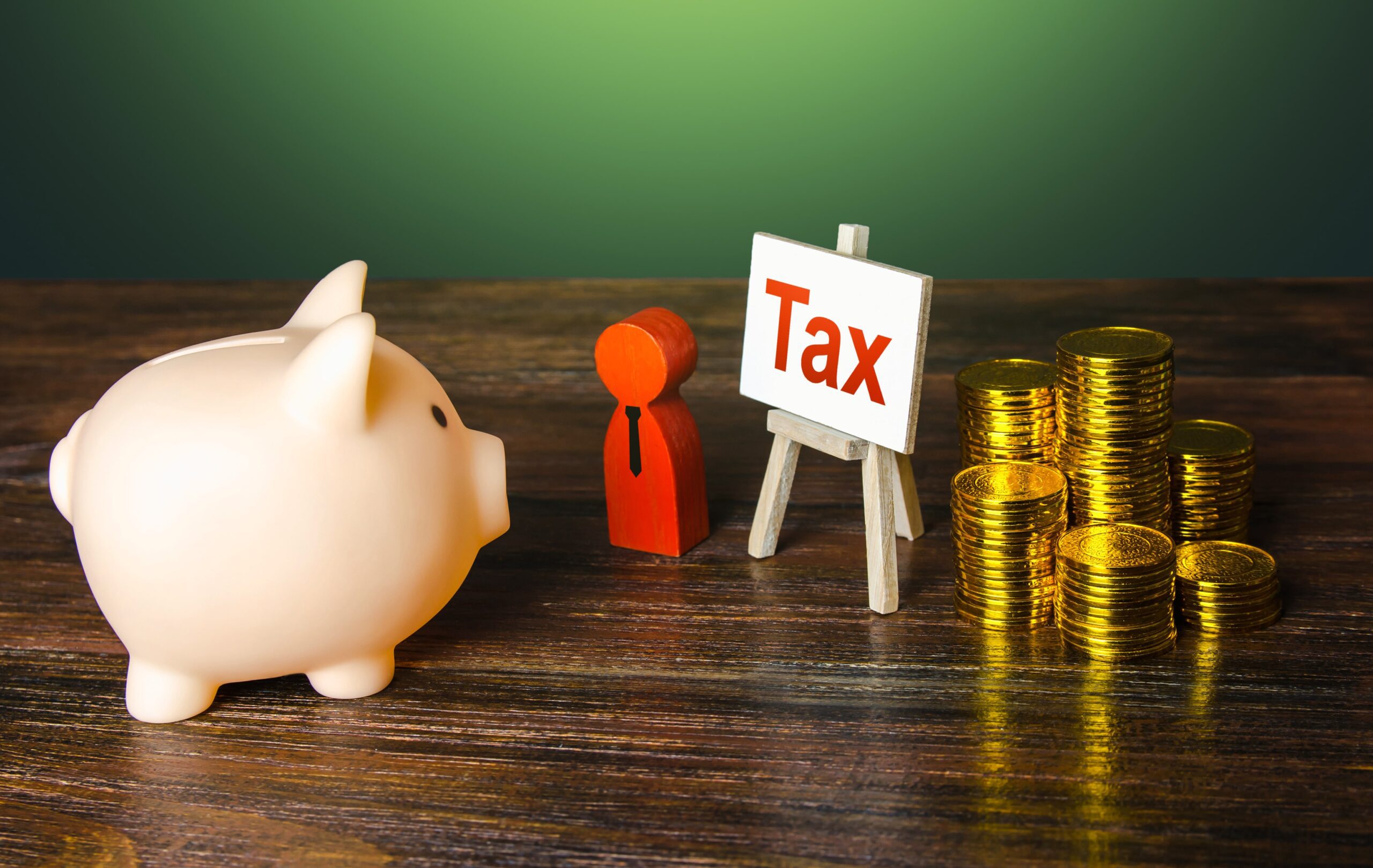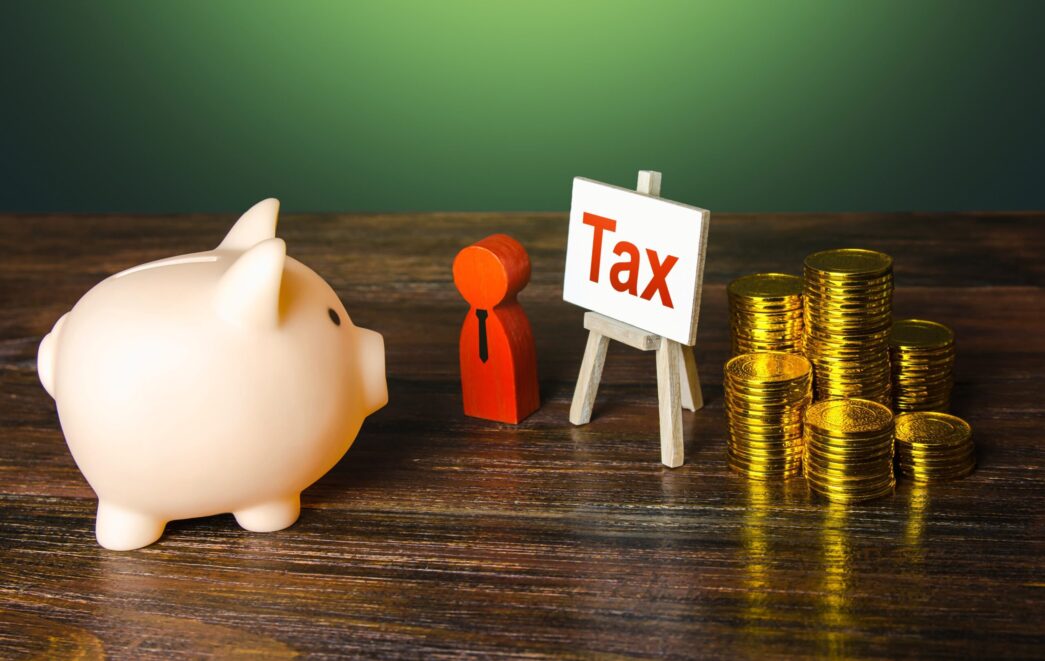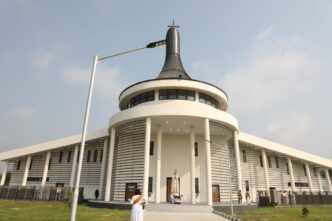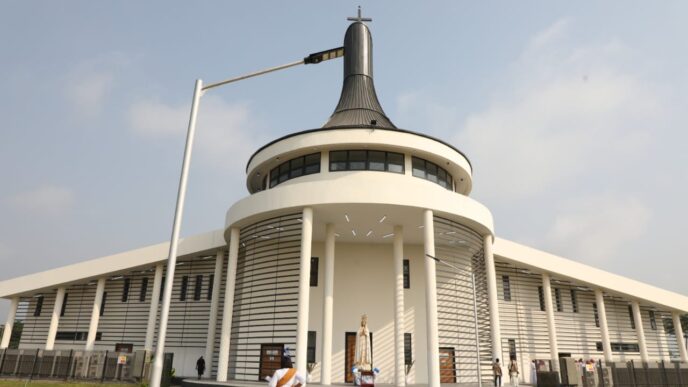I wrote a piece in TheCable on August 19, 2024, titled ‘Resetting the conversations around Nigeria’s budgetary revenues‘, which analysed the countless economic problems Nigeria is battling with, especially those induced by the monumental concentration risks over the continuous over-reliance on sale proceeds from just one single product, crude oil, to finance the nation’s Appropriation Acts year in, year out. As things stand in the country, no one needs a fortune teller to confirm that the nation’s economy is in desperate straits and needs a quick and sweeping revamp to attain any telling progress.
Taxation, a fiscal policy tool, is one of the sustainable ways for governments worldwide to generate decent revenues to achieve policy objectives like funding public services, building infrastructure, and redistributing wealth from the wealthy to the poor. These tax reform bills, few and far between but with massive importance in the national development of the country, have drawn an appreciable number of headlines and cut quite a bold figure since their introduction into the socio-economic landscape of the country on October 3, 2024, when President Bola Ahmed Tinubu transmitted them to the national assembly for deliberation.
Broadly, these tax bills are designed to synchronise techniques to facilitate unswerving, transparent, and efficient management of the nation’s tax laws and enforce seamless compliance by all taxpayers. It may be a long shot, but many Nigerians earnestly hope the bills will get passed. The reactions generated by these tax bills are not uncommon given the fact that the country, over the last 4-5 decades, has not initiated any serious tax reform bills/laws. Sadly, the current tax laws that are in operation are archaic and can best be described as being on ‘life support’.
In an interview with Channels TV’s Maupe Ogun-Yusuf, Taiwo Oyedele, chairman of the presidential tax reform committee was quoted to have said, “Nigeria’s tax system is one of the most backward in the world. It is embarrassing. We have laws inherited from colonial masters. The stamp duty law is a law of 1939.” Oyedele explained that the main bone of contention in the reforms, the value-added tax (VAT), does not put the less industrialised regions of the country in any disadvantaged position. I will avoid delving into the more technical bits of these tax bills and would only limit myself to how they stand to help shore up the country’s dreary liquidity position which urgently needs reawakening.
Advertisement
However, a key component of these reforms, the creation of the Nigerian Revenue Service (NRS), is notable and extremely desirous. With the establishment of the NRS comes the possibility of creating something that has been long canvassed for by a plethora of economic experts, a central database for the country’s numerous tax lines just like it is done in so many developed nations. Moreover, its creation will boost the lucidity of the tax system via data and tax intelligence, improve collections by decimating the perceived venality and systemic leakages inherent in the system and ultimately impact in profound ways, the nation’s economic decision-making process.
It is nevertheless very concerning that some folks in the country are sizing up the prospects of the introduction of a set of tax reforms with a level of trepidation and uncertainty. The stakes could not be higher for the country to achieve reasonable success with these reforms and a lot of the agitations, which have been described here and there as being fuelled by politics, and for which many think the agitators may have given the game away, should not be allowed to damage public trust.
Even if the handlers of our economy would not openly admit that the country is inundated with grave liquidity problems, they certainly cannot deny it. This problem has caused the country’s public debts to continue to spike steadily with the attendant effects on the dwindling value of the naira.
Advertisement
The minister of finance and coordinating minister of the economy, Wale Edun, was quoted in TheCable of November 24, 2024, at the 100 days in office of Esther Walso-Jack as the head of the civil service of the federation in Abuja, “Nigeria has saved $20 billion from petrol subsidy removal and market-based pricing of the foreign exchange rate”. A question asked by my friend and a great journalist, Afolabi Gambari, on his WhatsApp status regarding the statement credited to the honourable minister, “how do people who saved $20 billion get desperate to borrow a mere $2 billion?” puzzled me.
It is a testament to the fact that Nigeria’s liquidity position is in a very bad state, with the difficulties to fix it mounting. This is the reason the sceptics of these bills need to take a vacation away from pessimism and embrace an optimistic stance as it will boost the country’s economy. Essentially, with their passing, the nation’s tax landscape would be simplified, ensuring that all those meant to pay taxes – personal and corporate transactions, are effectively captured under the tax nets to facilitate timely and correct tax renditions in a manner that would be efficient to spur the country’s tax revenues.
Amid all these concerns, it is imperative for all those who oppose these tax reform bills to stay focused on the merits with special emphasis on bringing about economic integration and growth and adopt proactive strategies to engage the government in order to serve the interests of all Nigerians. A slew of different things have been highlighted from diverse quarters with these tax reforms and the nation has to be careful in the way this problem is handled in order not to ‘throw the baby out with the bathwater’ as that will set the country back many years.
While it is okay to raise concerns about a section of the bills, the destructive criticisms need to be appreciably toned down. The expectation is that the nation would build on the momentum and avoid wasting away the fruitful man-hours put into getting us to where we currently are on these tax bills.
Advertisement
The nation’s revenues must steeply grow northwards to address the scores of socio-economic challenges in the country. For instance, the country is experiencing a scourge of insecurity and crimes across all the regions and the security agencies are pressured to step up their game and adopt a more robust and result-oriented militarised approach.
However, these problems may persist, and grow worse and if at all any gains are recorded, they may remain lightweight until the underlying root causes are dealt with. At the root of all the insecurity plaguing the nation is poverty, hunger, corruption, increased rate of jobless youths due to the dearth of economic breaks, etc. Hence, the government needs improved liquidity to make social investments capable of fixing these socio-economic needs of the people.
The world’s socio-economic terrain is likely to change come January 2025 with a Trump 2.0 and our economic handlers better be prepared on how to respond effectively. The global community knows some of the things to expect with Trump’s second presidency, one of which is that activities in the crude oil market will once again receive substantial attention and be buoyed by the USA as she inches towards energy independence and possibly dominance like in his first term with his “drill-baby-drill” energy policy, which ostensibly would have serious repercussions for the Nigerian seemingly mono-product economy.
To grow our economy exponentially therefore, Nigeria must diminish her dependence on revenues from natural resources – crude oil and gas, minerals, etc, as our country has no control over the several ‘behind the scene’ activities and diplomatic manoeuvres that go on in the international market, and instead, drive her revenues more from non-natural sources like taxes and levies, grow productivity through the SMEs, etc.
Advertisement
Nigeria’s tax-to-GDP ratio of about 10 percent is abysmal and one of the lowest in the world. I think one of the ways to compete favourably in tax revenues with the biggest economy in Africa, South Africa, with a tax-to-GDP ratio of 25 percent and also catch up in tax revenues with the OECD nations, whose average tax-to-GDP ratio is put at 33.9 percent, is to implement these tax reforms pretty fast.
For example, Nigeria should aim to gain on the likes of the United Kingdom with a population of 68.35 million, which lives almost exclusively on tax revenues to finance her yearly budgets. With a tax-to-GDP ratio of 36.9 percent and an economy of $3.588 trillion, raked in a humongous sum of $1.324 trillion in tax revenues only in 2024 – this sum is roughly six times the economy of Nigeria.
Advertisement
However, because of paucity of funds, President Tinubu, on December 18, 2024, presented to the joint session of the NASS, the 2025 Appropriation Bill which a handful of experts believe is way too small for the size of our population. Total spending of N49.7 trillion ($32.11 billion) and total revenues of N34.82 trillion ($22.46 billion) for a population of about 230 million? Meanwhile, South Africa with a population of 60.41 million – about one-fourth of Nigeria’s, appropriated for 2024, $128.40 billion and $109.7 billion for total expenditure and total revenues respectively.
I do not doubt that these reforms have the authenticity to provide solutions and resolve our liquidity problems. Equally, I believe they can create that special moment to eventually diversify our country’s budgetary revenues away from crude oil and kick-start an end to the outrageous debt servicing to revenue ratios, which has remained an albatross to Nigerian economic growth, and one which the Debt Management Office puts at 162 percent in the first half of 2024.
Advertisement
The tax reforms initiative sounds about right. It is pro-Nigerian economy and to some extent, pro-businesses. Some provisions of the bills would step up the Nigerian purchasing power currently at an all-time low as it puts more money in the hands of struggling and vulnerable poor and working-class Nigerians and businesses – hoping it would not worsen the inflationary conditions though.
On a final note, these tax reform bills represent an audacious and breathtaking move by this administration, which is capable of rewiring the dynamics of the nation’s tax revenues. Many Nigerians, knowing full well that the tax reforms could reverse their current economic upheaval and help the country cut deficit spending which has remained a recurring decimal – constantly breaching the statutory 3 percent ceiling of the estimated GDP, hope that the process would not grind to a frustrating standstill.
Advertisement
Likewise, an enduring and sustainable national strategy needs to be developed with the tax reforms forming an integral part to address the nation’s economic woes for the long term. To be successful in its implementation and achieve desired results however, the systemic corruption, lack of respect for the Rule of Law and massive waste in government crippling the nation must be tackled decisively.
Ande, a financial and political economy analyst, writes from Lagos and can be reached via [email protected]
Views expressed by contributors are strictly personal and not of TheCable.
Add a comment












